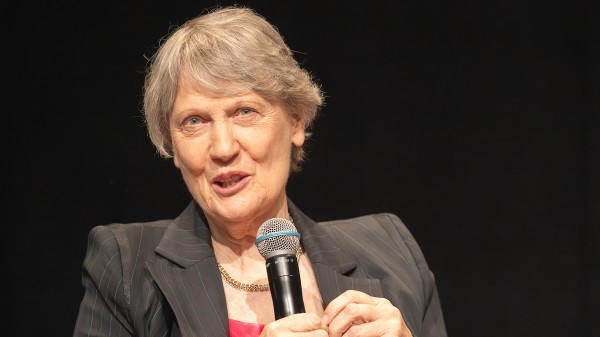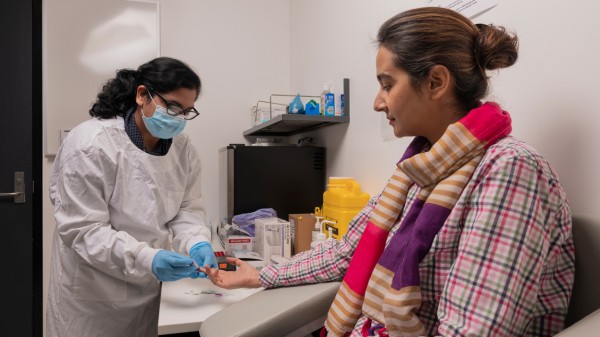Fake it till you make it
How did I get here? I think you have made a mistake, I don’t belong here…I am an imposter.
To understand how I am an imposter I need tell you how I got here.
It is 2012, and I am in the first weeks of my undergraduate degree at the Australian National University. After jumping between a few degrees, I finally settled on the degree that I would later graduate with; a Bachelor of Medical Science.
Fast forward to 2014, and I am in the final year of my degree. I’m completing a compulsory immunology course which happened to coincide with my sister’s diagnosis of multiple sclerosis, an autoimmune disease caused by the body’s immune system attacking the myelin (the insulating covers of nerve cells) in the central nervous system.
Learning about my sister’s disease in this course gave me closure, and it made me want to undertake an honours year in an immunology lab.
The cool thing about honours at ANU is that you can choose your supervisor, and I had a list of five potential supervisors. The first person on my list was Professor Carola Vinuesa, an immunologist at the John Curtin School of Medical Research based at ANU.
After an hour-long conversation with Carola I walked out of her office and threw away my list without hesitation, because I was captivated by her and her research, and I knew she was the supervisor for me.
Describing the year that followed is difficult, because despite having a lot of fun and learning a lot, I also came out with a coffee addiction, hair loss, and a rise in expenditure of tissues.
In the end I obviously loved it, because I decided to turn my honours project into a PhD project with Carola the following year, which brings me to where I am today, a PhD student studying the immune system and autoimmune diseases.
So, how am I an imposter? During my honours year I would look around a room and feel like I didn’t belong, mainly because everyone around me was ridiculously smart. I would attend seminars and journal clubs, nodding at what my fellow researchers were saying, however I had no clue what was going on.
This was okay during my honours, because the great thing about being an honours student is that no one expects you to know everything. However, the moment you become a PhD student is the moment you become the expert, and you are expected to know everything, including the answer to questions like “that immunology paper, published in 2012, what was the name of the first author again?”
I felt like an imposter.
Somewhere along the line they had mistaken me for someone smarter, and eventually I would be found out. So, what did I do? I smiled and I faked it.
Every time someone mentioned a technique, a paper, an author I didn’t know, I would pull out my computer and Google it and pretend to know what was going on. I remember writing pages and pages of notes during seminars and lectures, and then spending an hour looking up all the things that I had no idea about. Honestly, I faked it every day.
I am now just about to complete the second year of my PhD, and I can happily say that I no longer need to fake it (as much), and I no longer feel like an imposter.
This feeling was one of the biggest hurdles I have had to overcome in my entire academic career, however looking back on those rooms filled with the ridiculously smart people, I know there were other people feeling like imposters too.
My mum also did her PhD at JCSMR 25 years ago, and when I asked her what it was like she said she had to face similar challenges. I think having the support of my friends and family, as well as the support from my supervisors and other mentors at ANU, has really helped me make it this far.
So that is why I say fake it till you make it… or better yet, until you become it.












